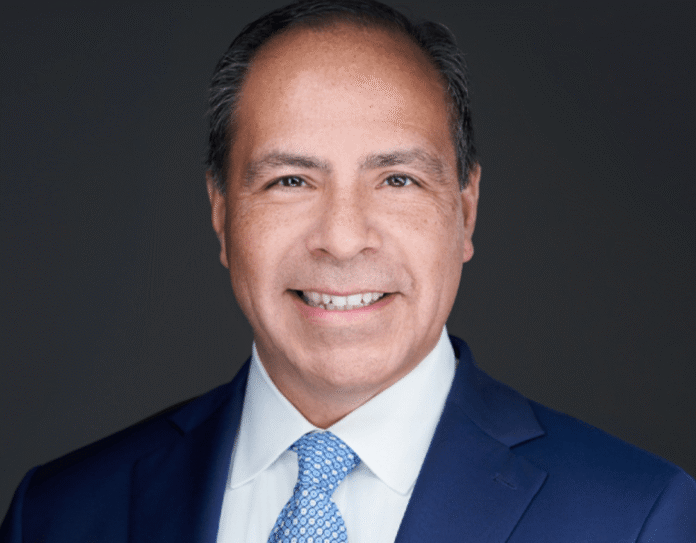When Edward Jimenez talks about aiming to improve health equity, it’s partly driven by his own life experience.
Jimenez grew up in Paterson, New Jersey, a city where most residents have incomes well below the state average. His father worked in a factory.
Now, as the new president and CEO of Main Line Health, Jimenez says he’s very passionate about aiming to improve care for patients in underserved communities.
“I have personal and professional reasons to care and to have this mentality,” Jimenez tells Chief Healthcare Executive®.
Based in the Philadelphia suburbs, Main Line Health operates four acute care hospitals, a rehabilitation hospital, and a host of clinics and outpatient facilities. Jimenez took over as CEO last month.
Main Line has long focused on improving health equity in the region. The American Hospital Association awarded Main Line Health its Quest for Quality prize in 2023, and cited the organization’s commitment to health equity as a key reason for its selection.
Jimenez succeeds Jack Lynch, who served as Main Line’s CEO for 20 years and championed the need to close disparities in care for patients from disadvantaged neighborhoods. Jimenez praised Lynch for his passion, noting that he “cares so deeply” about improving equity.
“I absolutely will continue it,” Jimenez says.
Jimenez possesses plenty of experience leading a health system serving communities in need. He previously served as president and CEO of University Hospital in Newark, New Jersey, a city that has rebounded in recent years but still is wrestling with crime and poverty. He also served as CEO of University of Florida Health’s Shands Hospital for several years.
In his short time at Main Line, Jimenez says he has been impressed by the system’s programs to meet community needs.
“This is pretty outstanding for a suburban health system,” Jimenez says. “It really is. I could see what’s happening here in an inner city like where I’ve worked.”
Main Line recently hosted its annual colloquium focused on health equity, an event that has taken place for more than a decade.
“I don’t know if you’re going to find a lot of suburban health systems that have this approach, this mentality,” Jimenez says.
For years, Main Line Health has utilized dashboards measuring patient outcomes among different groups in key areas such as hospital readmissions and infections. The system has been able to produce data showing outcomes by race, ethnicity and the patient’s insurance.
Main Line has also gained attention for its year-round wellness garden, which produces vegetables that are given to those in need.
Jimenez says one of his goals is for Main Line to increase the number of clinics in its communities, to make it easier for patients to get access to care closer to home. While he says that makes sense economically to bring in more revenue, Jimenez also views that as an element of improving health equity.
Jimenez also wants to provide more options for patients, including telehealth, could help those working more than one job or working during unconventional hours.
He says he wants to help remove those barriers for those that want to see doctors.
“So often, it’s not because people aren’t interested in their medical care,” Jimenez says. “We learn other things, and having lived those experiences, and having seen those experiences allows us as leaders to think differently about what we need to do to try to change the course of how things happen.”






